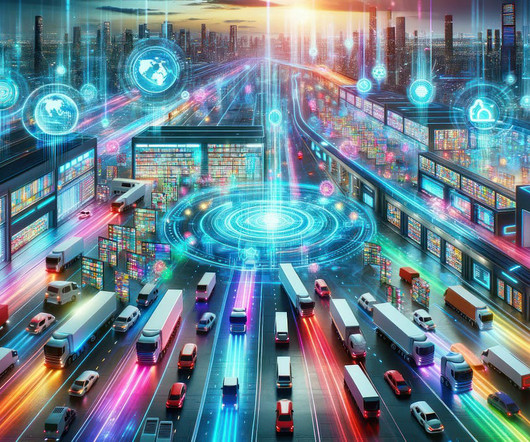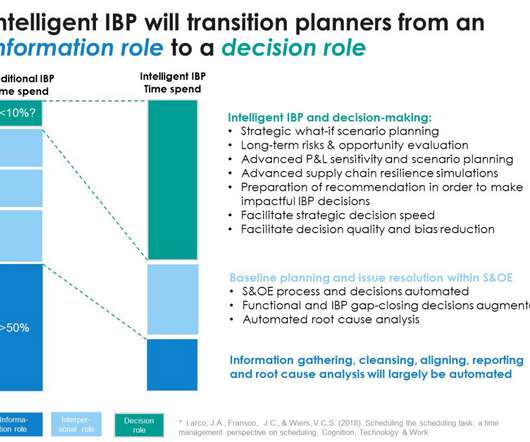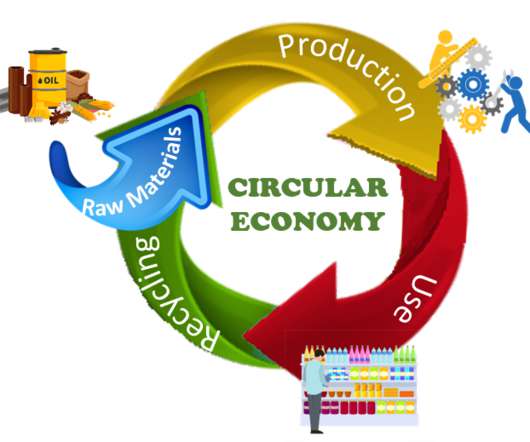Supply Chain’s Next Decade of Dealing With the Unknown
MIT Supply Chain
NOVEMBER 13, 2023
The inaugural post appeared on March 4, 2014, and was about the rising status of the supply chain profession. Some events and trends driving the supply chain’s standing back in 2014 remain just as influential in 2023. LinkedIn published my 100th Influencer article last month. One example is sustainability.























Let's personalize your content